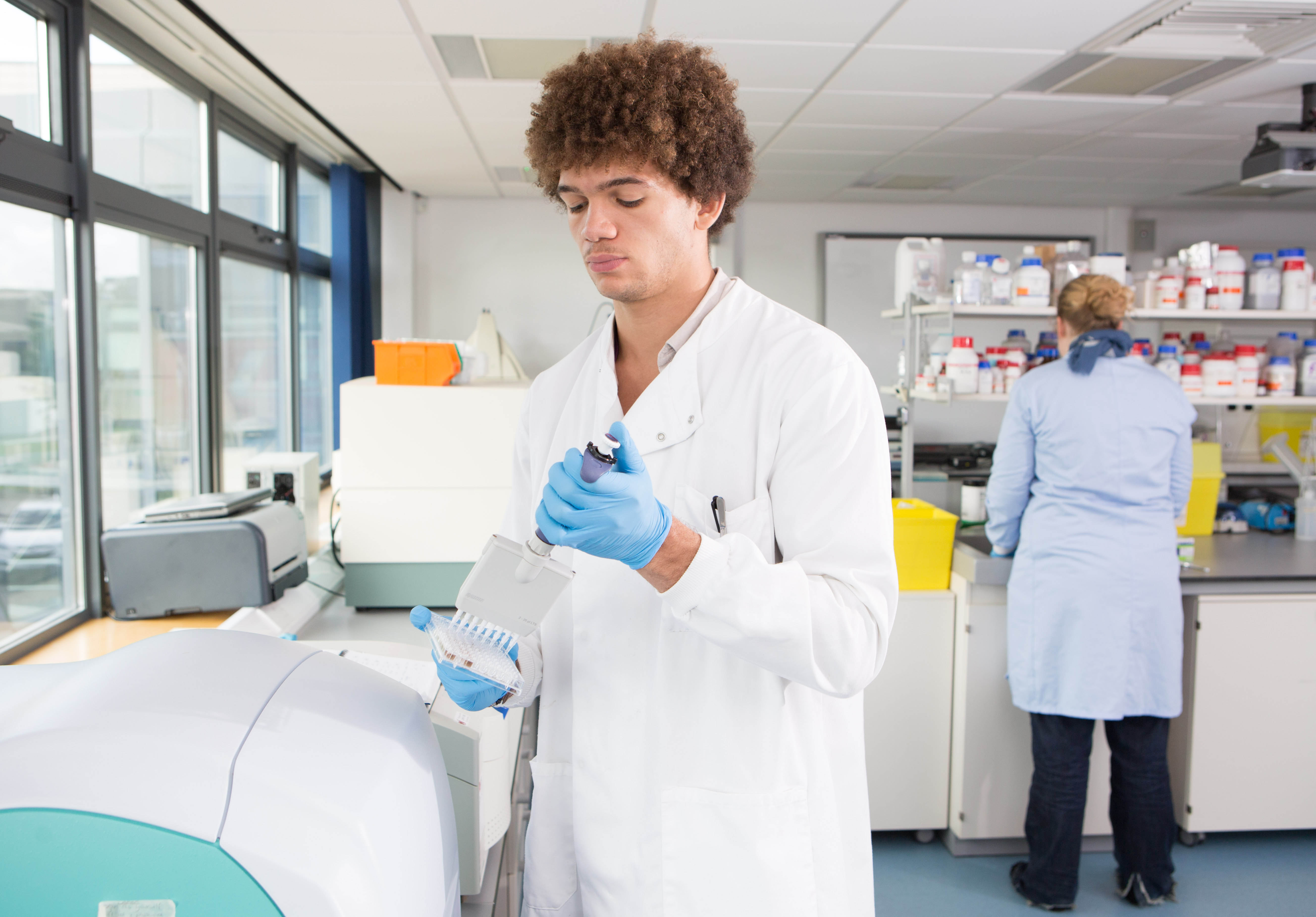University of the Highlands and Islands projects through to 2020 kickstart challenge
A biodegradable coffee cup made from coffee waste; a sensor that checks if runway conditions are safe during aircraft approach and landing; a patent pending solution for the diagnosis and therapy of ‘lazy eye’, a condition affecting 230 million children worldwide - these are just some of the ground-breaking ideas emerging from this year’s pool of KickStart semi-finalists.
32 trail-blazing entrepreneurs from across Scotland’s world-class universities are now through to the next stage of the Converge KickStart Challenge, an early-stage entrepreneurial development programme for university staff, students and recent graduates across Scotland. This includes two projects from the University of the Highlands and Islands.
Among them is Georgina Macdonald (61) from Buidhe, a crop diversification project aiming to improve current income streams for crofters while supporting those living with dementia. A preliminary test in North Uist has shown that the environmental conditions on the Hebrides are ideal for growing daffodils, an important source of galantamine, a compound used in the treatment of Alzheimer’s. While galantamine is expensive to make synthetically, it is naturally occurring in daffodils, providing crofters with an easy to grow crop and an alternative income stream.
Georgina, who lives on North Uist, graduated from Lews Castle College UHI earlier this year. Speaking about her competition success, she said: “I feel excited and apprehensive. This project means a lot to me personally. The many elements cover a wide range of benefits for the community in addition to supporting those living with dementia.”
Joining Georgina is Tom Carew (25), a PhD student based at the Centre for Health Science in Inverness. Tom has developed a lab-tech, mechanical scalpel device which prepares in-gel protein, DNA and RNA samples into evenly sized gel pieces. His new device resolves a number of existing sample preparation issues and significantly lowers the risk of contamination and sample loss.
Tom commented: “To say I'm excited would not do my current feeling justice, I’m really looking forward to the training workshop next month!”
Aimed at innovative projects embarking on the first steps of the commercialisation journey, KickStart helps academic entrepreneurs from all sectors test and validate their business ideas with the aim of establishing commercial viability. Technology and engineering, life sciences and the creative industries are the most represented sectors this year, with a significant proportion of projects focused on solving critical environmental problems such as pollution, climate change and waste reduction.
Dr Claudia Cavalluzzo, Director of Converge, is delighted with the range and diversity of this year’s projects and comments: “Every year we wait for the KickStart application deadline with trepidation, not knowing how many or what type of projects will come through. However, the breadth and creativity of applications that the challenge attracts never fail to disappoint and this year is no exception.
“It’s also heartening to see so many universities responding to the climate emergency by supporting many incredible ideas and innovations that have the power to change lives. It’s great to see a new generation of entrepreneurs in Scotland joining the fight to keep our planet not only surviving but thriving.
“We look forward to working with our KickStart cohort in the months ahead and helping them refine and validate their early-stage business ideas through customer discovery training, pitch coaching and the wrap-around support offered by our team and partners.”
Semi-finalists will now be invited to take part in two days of intensive business training designed specifically for academic entrepreneurs. They will then be asked to submit a business case with the very best asked to pitch at an Awards Final in February with one lucky winner taking home a £10,000 cash prize. A runner-up will also receive £5,000 in cash.
